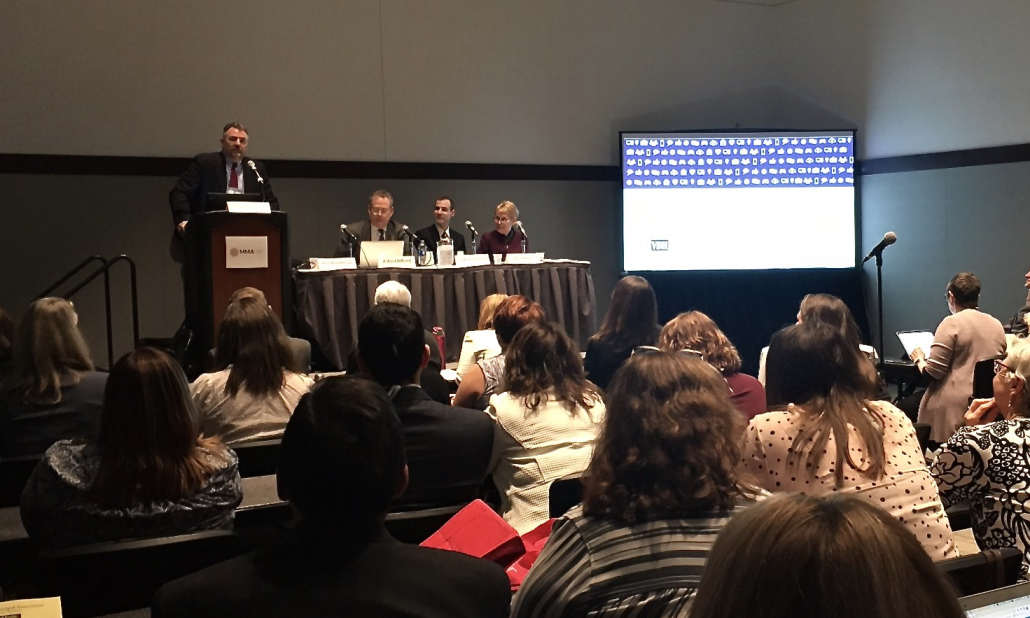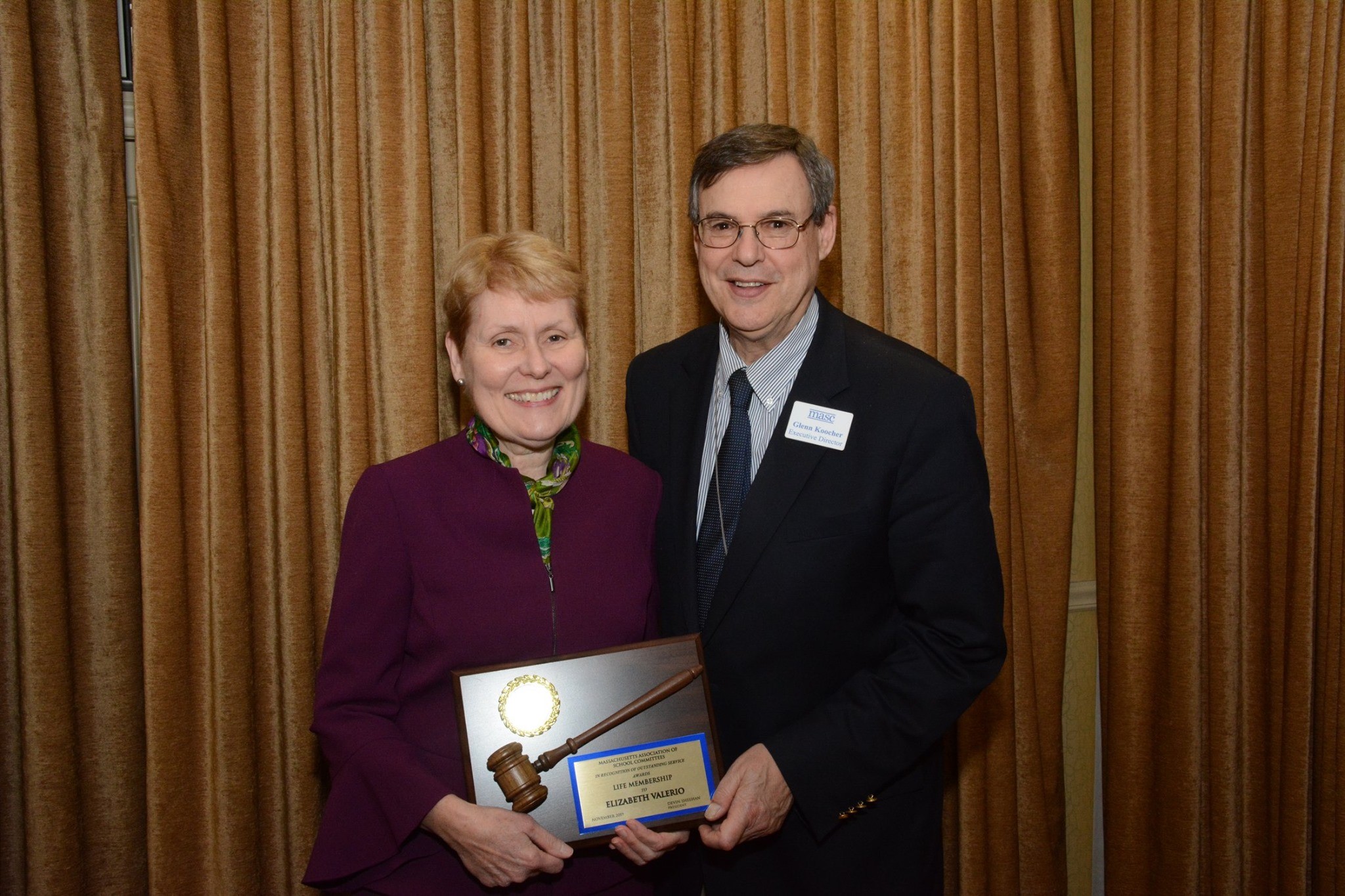Interim Guidance for School Districts – COVID-19
Yesterday Governor Baker declared a state of emergency in Massachusetts regarding the COVID-19 (“coronavirus”) outbreak which is impacting the United States. Among the many activities being affected by this outbreak is K-12 public education. As school administrators wrestle with the implications of the outbreak for their schools, governmental authorities at the federal and state level are releasing guidance. We are therefore issuing this advisory to our clients. Keep in mind that the public guidance, and our advice, can, and probably will, change quickly as the situation evolves.
The federal Centers for Disease Control and Prevention (“CDC”) has issued its “interim” guidance at: https://www.cdc.gov/coronavirus/2019-ncov/community/schools-childcare/guidance-for-schools.html?CDC_AA_refVal=https%3A%2F%2Fwww.cdc.gov%2Fcoronavirus%2F2019-ncov%2Fspecific-groups%2Fguidance-for-schools.html
The CDC guidance is broken down into two main categories – (1) guidance for schools that do not yet have COVID-19 identified in the community and (2) guidance for schools that do have identified COVID-19 cases in the community. We urge you to review that guidance. A common thread in both categories is that school districts should work closely with their local health authorities/boards to stay apprised of the community’s status.
The Massachusetts Department of Elementary and Secondary Education (“DESE”) has issued its own guidance at http://www.doe.mass.edu/sfs/emergencyplan/covid19.html.
The DESE guidance is directed at two matters: (1) the process for closing a school or schools for reasons related to COVID-19; and (2) adjusting the 180-school day requirement in Massachusetts. The former includes, again, close coordination with local health authorities. The school-year requirement is broken down into days lost between the beginning of the 2019-2020 school year and March 15, 2020; days lost between March 16, 2020 and June 1, 2020; and days lost after June 1, 2020. We urge you to review this guidance, as well.
We will be updating our advisory as circumstances warrant. This advisory is not legal advice as to how you should address any specific circumstances. Should you need such advice please contact one of our attorneys.

 On January 24, 2020 Liz Valerio and Nick Dominello will present at the Massachusetts Municipal Association’s Annual Meeting & Trade Show at the Hynes Convention Center in Boston, MA.
On January 24, 2020 Liz Valerio and Nick Dominello will present at the Massachusetts Municipal Association’s Annual Meeting & Trade Show at the Hynes Convention Center in Boston, MA.